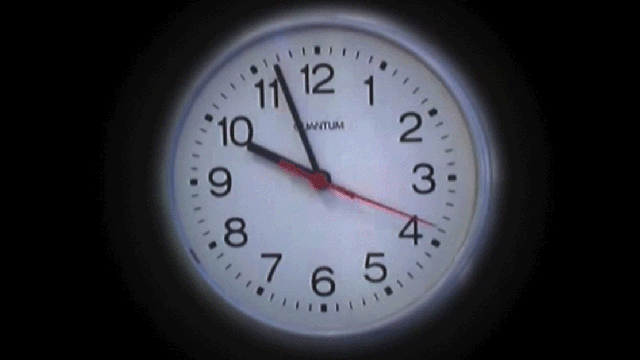For many electric clocks in Europe, time has ever so slightly been falling behind since mid-January. The agency that represents Europe’s synchronous electrical grid recently cleared up the confusion for people who might have found themselves inexplicably running late. It placed the blame on an ongoing dispute between Kosovo and Serbia.
Image: kingdodoproductions
On Saturday, the European Network of Transmission System Operators for Electricity (ENTSOE) acknowledged for the first time that the Continental European Power System had been experiencing continuous, significant power deviations because of a shortage of supply from one transmission system operator. The power grid serves 25 countries and spans most of the European Union. The statement said that electric clocks were currently running five minutes behind the accurate time, but it gave no further explanation of what’s going on.
Most modern clocks use a quartz crystal that vibrates at a certain frequency when electricity is passed through it to keep time. But some digital clocks rely on the frequency of the electric grid that’s powering them. Clocks plugged in to the Continental European Power System expect an average frequency of 50 Hertz, and you can watch it change in real time. On Tuesday, the ENTSOE explained a little more about why that average was getting screwed up.
Reuters reports:
ENTSO-E said the European network’s frequency had deviated from its standard of 50 Hertz (Hz) to 49.996 Hz since mid-January, resulting in 113 gigawatt-hours (GWh) of lost energy, although it had appeared to be returning to normal on Tuesday.
“Deviation stopped yesterday after Kosovo took some steps but it will take some time to get the system back to normal,” ENTSO-E spokeswoman Susanne Nies told Reuters. She said the risk could remain if there is no political solution to the problem.
The political dispute centres mainly on regulatory issues and a row between Serbia and Kosovo over grid operation. It is further complicated by the fact that Belgrade still does not recognise Kosovo.
In 2015, the two countries signed an agreement to jointly operate their power grid, but it’s never been implemented because of a dispute over ownership of the grid. The ENTSOE called on lawmakers in the EU to “address the political side of this issue” but offered no suggestions for a resolution.
On Thursday, the agency said that the frequency deviations had ceased and it’s formulating a plan for returning the missing energy. But outside of a political solution, “a deviation risk could remain”.
In the meantime, Europeans can manually update their clocks, and maybe consider getting one that’s off the grid.
